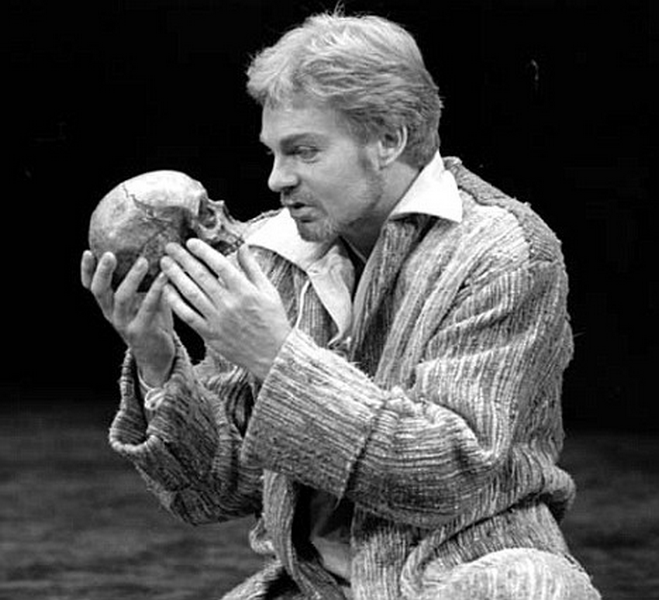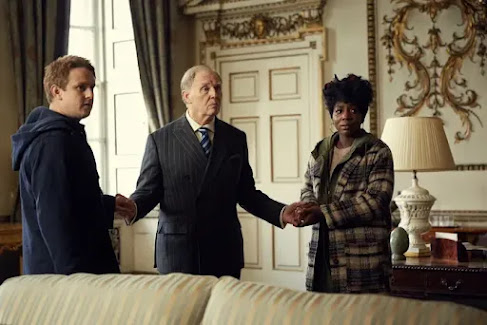Kvetch Havoc!
Our series of films this year has focussed on films that re-work "the classics" in various ways, and truth be told, one author in particular has been conspicuously dominant (and will continue to be).
Ultimately, there is a reason why writers and film-makers keep returning to the works of Shakespeare. Actually, there are several reasons.
Firstly, he was an incredible writer - one of the very best in the English language - so any film adaptation of one of his plays is starting out with one hell of a screenplay.
Beyond that, however, Shakespeare's characters and stories have become deeply embedded in our modern consciousness. In a sense, they have become our new mythology. Images of (for example) Juliet on her balcony, or Hamlet with Yorick's skull, or the dead Ophelia - these images are instantly recognisable, and have entered the shorthand of popular culture.
The irony is that most of Shakespeare's stories weren't actually written by Shakespeare. And no, I don't mean they were really by Christopher Marlowe; I just mean that Shakespeare's plays were (for the most part) adaptations of existing stories. The dialogue was his, but the plots were not.
The film-makers who have "borrowed" from Shakespeare for their modern films (including all of the films featured in this season thus far) have actually been borrowing the one element of Shakespeare's works that he is not responsible for. Throne of Blood; All Night Long; 10 Things I Hate About You retain the plots of Macbeth, Othello and The Taming of the Shrew, but they jettison virtually everything else. Shakespeare's words are gone, as is his writing style: there are no soliloquies or iambic pentameter.
On one level this is perfectly reasonable, because these films do not claim to be straight performances of the works of Shakespeare, and there have certainly been plenty of those for anyone who does want to watch the original plays as written. But it does inevitably beg the question: what counts as a modern version of Shakespeare, if you get rid of every element that was actually Shakespeare's?
All of this leads me (at last!) into this week's film.
As a contrast to all of these modern versions of Shakespeare, I thought it was only fair to show a film that gives us exactly the opposite.
A Shakespeare version of modern
Mike Bartlett's play King Charles III premiered in London in 2014, and was subsequently adapted as a film by the BBC in 2017. Starring the great Tim Pigott-Smith in the title role, it tells a story of the hypothetical first few months of the reign of Charles, following the death of his mother, Elizabeth II.
Although this is (obviously) not a Shakespeare play, it manages to give a very good impression of one; it is written in blank verse, and hits many of the classic "Shakespearian tropes": a soliloquising monarch filled with self-doubt; a Prince who goes incognito amongst the common folk; even a ghost.
One or two plot points have been rendered moot by actual events of the last five years, but then this play is less "future history" than "hypothetical Shakespeare", and on those terms, it works beautifully. It was also (sadly) the final performance of Tim Pigott-Smith, who died before the film was broadcast in 2017.
We will be screening King Charles III at 7.30 on Thursday, the 17th of March at the Victoria Park Baptist Church.












Comments
Post a Comment